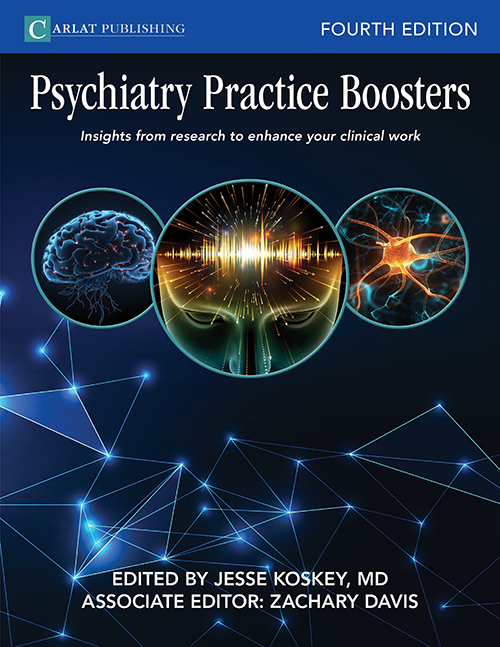Debate Rages On Over ‘Black Box’ Warning on Antidepressants
Short Description:
Debate Rages On Over ‘Black Box’ Warning on Antidepressants
Background:
It’s been 10 years since the US Food and Drug Administration (FDA) put a so-called ‘black box’ warning on certain antidepressants because of fears they can cause suicidal thoughts and behavior.
The psychiatric community continues to debate the value of that warning, and a pair of opposing viewpoints was recently featured in the New England Journal of Medicine. One called for removal of the warnings (http://bit.ly/1EC0cJb), while the other, written by a medical reviewer at the FDA and proponent of broader antidepressant labeling, challenged the safety claims of the anti-black box crowd (http://bit.ly/1olxGr1).
All antidepressants carry a warning label cautioning users that the medications may increase the risk of suicidal thoughts and behaviors in children and young adults. The FDA required the black box warnings in 2004 after data emerged linking the drug paroxetine (Paxil) to suicidal thoughts. Opponents argue the warnings overstate the real risk and discourage physicians from prescribing them to patients who could really benefit from antidepressants.
A recent report in Time magazine (http://ti.me/1oHlaCw) interviewed 17 leaders in the psychiatry field and asked their opinions: 11 said the FDA should remove the warnings; two said the media has overblown the risk, resulting in more panic than is necessary; and four support the warning labels. Among those four, three were involved in the FDA’s original decision to issue the black box warnings.
Despite the controversy, the FDA has no plans to reconsider the warnings, according to the Time article.
Related content:
Black Box Warning in Children and Adolescents
Newsletters
Please see our Terms and Conditions, Privacy Policy, Subscription Agreement, Use of Cookies, and Hardware/Software Requirements to view our website.
© 2025 Carlat Publishing, LLC and Affiliates, All Rights Reserved.


_-The-Breakthrough-Antipsychotic-That-Could-Change-Everything.jpg?1729528747)



